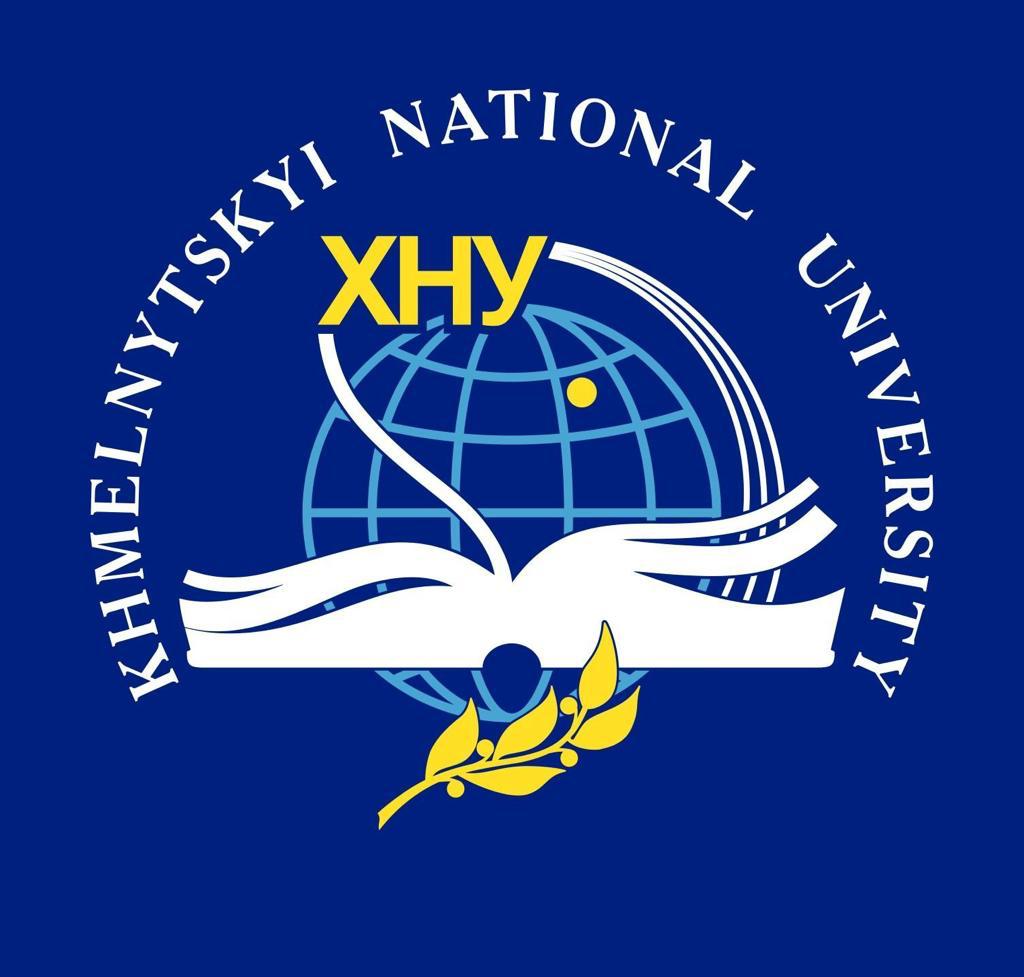EARLY DIAGNOSIS OF MOVEMENT DISORDERS IN PREMATURE CHILDREN
DOI:
https://doi.org/10.31891/pcs.2025.1(1).59Keywords:
early diagnosis, motor control, premature baby, early onset, physical therapyAbstract
The article discusses the importance of early diagnosis of motor disorders in prematurely born children. The main patterns of harmonious child development, the features of monitoring premature children, risk factors, and the role of a physical therapist in a multidisciplinary team when working with such patients are highlighted. Studies and scientific works on early diagnosis and the features of the work of a physical therapist when interacting with a family where a child was born prematurely are analyzed. The motor characteristics of a child, namely its regularity, are an essential early diagnostic criterion. Due to several genetic and environmental factors, development can be disrupted, one of the reasons being premature birth.
It has been established that early detection of motor function disorders is crucial for the subsequent treatment and rehabilitation process since, in the first year of life, the number of synapses increases by 50%, which is a matter of using neuroplasticity. Observations of prematurely born children suggest that, in general, the formation of a child's psychomotor functions corresponds to the stages of development of children born at term, which is within the normal range, but the timing of appearance is subject to other laws and is associated with the level of morphofunctional immaturity, gestational age, and the degree of perinatal damage. Premature infants are more likely to exhibit neurobehavioral changes at term, with abnormal reflexes, greater hypotonia or hypertonia, poorer quality of movement, poorer orientation, greater excitability, and more stress. The earlier certain disorders are diagnosed, the more effective the therapy and the better the outcome. Early initiation of work with a physical therapist is fundamental. We must use time as efficiently as possible to eliminate diagnosed disorders, restore full health, and prevent disability.
References
Bakaluk T. G., Stelmakh G. O., Pasichnyk D. V. Application of diagnostic tests in the early intervention program to detect motor development delay (literature review). Current issues of pediatrics, obstetrics and gynecology: scientific-practical journal..- Ternopil-2021- p. 5-11.
Gordienko I.V. Diagnosis and prediction of physical, neuropsychic development disorders in early children born prematurely: author's abstract of dissertation, candidate of medical sciences: 01/14/10. Kharkiv, 2017. 22 p.
Kyslova Ju.O. Rannja diagnostyka gipoksychno-ishemichnogo ushkodzhennja central'noi' nervovoi' systemy u nedonoshenyh ditej ta profilaktyka nespryjatlyvyh naslidkiv: avtoref. dys. ... kand. med. nauk: 14.01.10. K. 2010. 22.
Martyniuk, V.Yu. (2014). Diahnostychni kryterii rukhovykh porushen u nemovliat iz pozytsii dokazovoi medytsyny [Diagnostic criteria for motor disorders in infants from the standpoint of evidence-based medicine]. Mizhnarodnyinevrolohichnyi zhurnal –International Journal of Neurology, 3, 164-165 [in Ukrainian].
Nagorna, O., Hrytsiuk, Yu. (2020). PHYSICAL THERAPY OF PREMATURE CHILDREN. Rehabilitation and Recreation, (6). retrieved from https://health.nuwm.edu.ua/index.php/rehabilitation/article/view/86
Nesterchuk, N., Levchuk, E., Gamma, T., Hirak, A. (2020). PHYSICAL REHABILITATION OF PREMATURE CHILDREN. Rehabilitation and Recreation, (6). retrieved from https://health.nuwm.edu.ua/index.php/rehabilitation/article/view/89
Early, accurate diagnosis and early intervention in cerebral palsy: advances in diagnosis and treatment / I. Novak, C. Morgan, L. Adde [et al.] // JAMA Pediatr. – 2017. – Vol. 171 (9). – P. 897–907.
Al Maghaireh D.F, Abdullah K.L., Chan C.M., Plaw C.Y. Al Kawalha M.M. Systematic Review of Qualitative Studies Exploring Parental Experiences in the Neonatal Intensive Care Unit. J. Cin. Nurs. 2016
Benzies K.M., Magill-Evans J.E., Hayden K.A., Ballantyne M. Key Components of Early Intervention Programs for Preterm Infants and Their Parents: A Systematic Review and Meta-Analysis. BMC Pregnancy Childbirth. 2013;
Hakstad R.B., Obstfelder A. Oberg G.K. Parents' Perceptions of Primary Health Care Physiotherapy with Preterm Infants: Normalization, Clarity, and Trust.
Ochandorena-Acha M., Noell-Boix R., Yildirim M., Iriondo-Sanz M., Troyano-Martos M.J, Casas-Baroy J.C. Experiences and Coping Strategies of Preterm Infants' Parents and Parental Competences after Early Physiotherapy Intervention: Qualitative Study. Physiother. Theory Proct. 2020
Downloads
Published
How to Cite
Issue
Section
License
Copyright (c) 2025 Карина ЛІСТАУ, Лідія ДОЦЮК

This work is licensed under a Creative Commons Attribution 4.0 International License.





